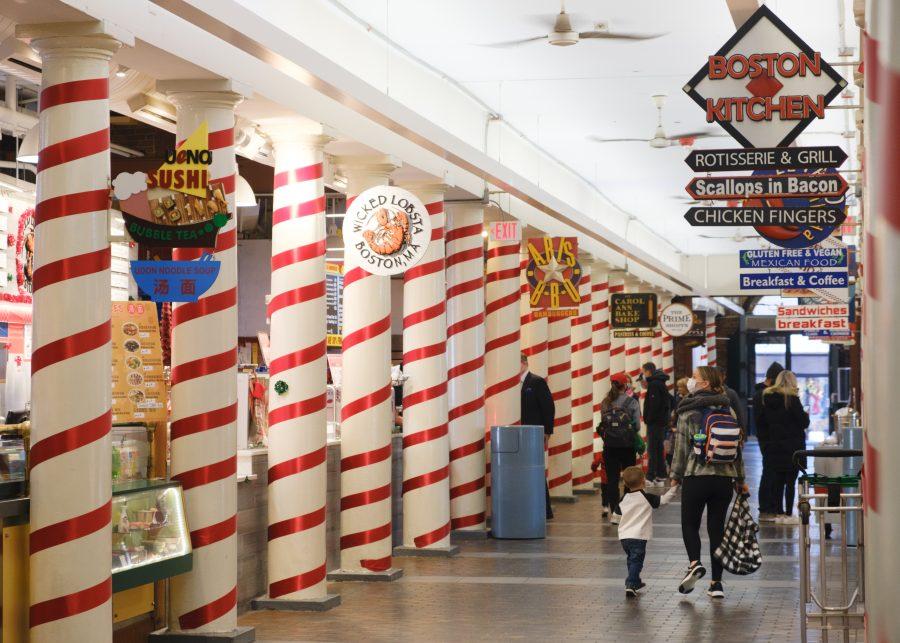In the eyes of many, small scale businesses are a necessary part of Boston’s economy, serving the needs of the cultural communities living in the neighborhood. Not only do these businesses provide job opportunities and community meeting places, but they also reflect the rich diversity and culture of Boston.
Cognizant of the fact that the pandemic has adversely affected small-scale businesses, the festival season kicked off on a positive note and brought back the lucrative shopping season. “Even with the hurdles of inflation, supply chain hold-ups and staffing shortages, businesses are optimistic this holiday season.” stated Boston 25 News.
According to the Retailers Association of Massachusetts, Boston will witness a 6 percent increase in local holiday sales. The National Retail Federation’s projects an 8.5 percent to 10.5 percent increase.
In light of the recent harm done by the pandemic, campaigns like #BuyInMa help to push the local markets’ and local vendors’ business.
The RAM recognizes the limited number of opportunities small-scale businesses have in the world of the internet market. Hence, the RAM launched the #BuyInMa campaign this holiday season to push residents to spend more on local businesses throughout the state.
“There are tremendous opportunities for people to shop local, to eat local, to dine local, to buy local and to recognize when you shop, eat, dine local, you’re supporting your neighbors, your colleagues, your friends and folks that are part of the communities that you live and work in,” said Governor Charlie Baker.
The retail sector in Massachusetts employs 600,000 people and accounts for 17 percent of all jobs in the state. Due to the pandemic, around 44 percent of small businesses in Boston were shut down.
With an agenda of rebuilding Boston’s economy, Mayor Michelle Wu has been standing up for entrepreneurs by streamlining small business permitting and licensing, which will eventually make the administrative processes simpler, faster and predictable.
Among many of her proposals, the central one is strengthening Boston’s main streets and legacy businesses. She plans to achieve this by ensuring that the small business relief funds are disbursed appropriately, and that local vendors can easily access those funds.
Additionally, Wu also has been talking to employers about returning to the office and has been visiting local shops and vendors to promote the idea of #shopsmall throughout the holiday season.
RAM president Jon Hurst stated several reasons for people embracing and adapting online shopping from small businesses.
A few on the list include ever changing guidelines on vaccinations, restrictions and unprecedented fear of rising COVID-19 cases.
According to Hurst, before the pandemic, 26 percent of RAM’s 4,000 small businesses put their products online. The number increased to 50 percent last year and increased to 60 percent this year.
Although this has contributed to the small businesses continuing their commerce, perennially it has affected the small restaurant owners and eateries who cannot completely transition to the internet market.
Despite all these adversities, the holiday season has instilled a sense of positive hope among the retailers. Black Friday and Small Business Saturday kicked off successfully.
Boston’s small businesses optimistic this holiday season
The historic Faneuil Hall Marketplace, home to various Boston local businesses and vendors. Photo by Josh Kotler / Mass Media Staff
Contributors
Kaushar Barejiya, News Editor
Josh Kotler, Photographer

